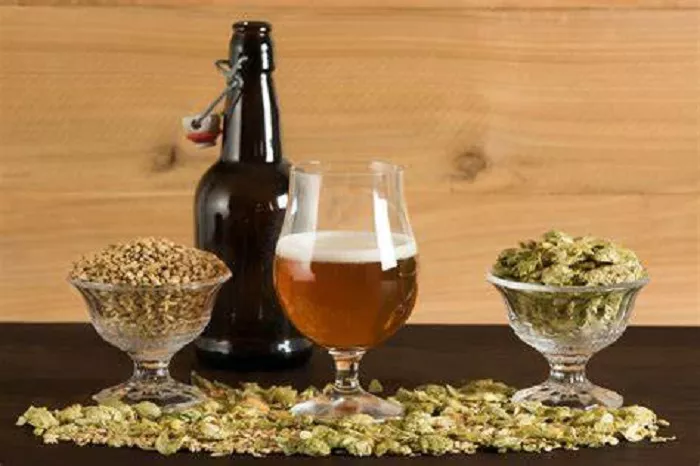A recent cost-feasibility analysis, published in npj Sustainable Agriculture, has shown that malted rice is a more economical and sustainable choice for brewers compared to the commonly used milled rice. The study, conducted by the University of Arkansas, highlights the benefits of rice malt in both cost reduction and environmental sustainability, making it an appealing option for breweries, particularly in small-scale operations.
Cost and Sustainability Benefits
Malted rice requires fewer processing steps than milled rice, making it a more efficient and cost-effective option for brewers. The research reveals that rice malt can significantly reduce crop-growing acreage requirements, as it produces more grain per acre than barley, while offering an equivalent or even greater potential for sugar extraction.
Malting, a process that allows grains to sprout under controlled conditions, is essential for beer production. This biochemical transformation is particularly beneficial for gluten-free beers, a growing segment in the brewing industry. The study emphasizes that rice’s global cultivation offers the advantage of being a viable malting grain for tropical and subtropical countries, which often rely on barley imports for brewing.
Additionally, the study suggests that malting rice could foster a domestic market for rice in the United States, particularly as Arkansas faces a decline in long-grain rice exports. According to Food Processing, Arkansas’ rice exports have decreased by approximately 7% over the past 15 years.
A Potential Solution for Export Decline
Lanier Nalley, a professor and head of the agricultural economics and agribusiness department at the University of Arkansas, emphasized the potential of malted rice in offsetting the state’s declining rice exports. He suggested that developing a domestic market for malted rice could help sustain rice production in Arkansas in the long term.
Nalley, who co-authored the study alongside researchers from the Center for Beverage Innovation, including graduate student Bernardo P. Guimaraes and assistant professor Scott Lafontaine, pointed out the potential for malted rice to create new opportunities for brewers, particularly in the U.S.
The Potential for New Beer Styles
Guimaraes, a key contributor to the study, noted that rice malts offer unique aromas and flavors, which could be used either as a standalone raw material or in combination with barley malt. This opens the door for the creation of innovative beer styles.
Nalley expressed initial skepticism about the viability of rice as a brewing grain, considering the long history of beer production and the extensive use of barley. However, he acknowledged the breakthrough made by Lafontaine and Guimaraes in discovering the potential of malted rice.
Lafontaine speculated that the reason malted rice had not been explored until now might stem from the historical focus on barley, particularly in Europe, where the German Purity Law has shaped beer production. However, he pointed out that ancient Asian beers, made from millet and rice, may have utilized malted rice, as supported by archaeological findings.
Gluten-Free Potential
The study also explored the potential for malted rice to create gluten-free beers, a segment of the market that currently commands a price premium, approximately 30% higher than barley-based beers. The research suggests that all-rice malt beers could offer a more affordable alternative to existing gluten-free options, which are often expensive due to the high cost of specialized malts.
Guimaraes highlighted that malted rice could provide a cost-effective solution for brewers looking to produce gluten-free beers, making them more accessible to a broader audience.
In conclusion, the findings from the University of Arkansas study present malted rice as a viable, sustainable, and economically advantageous alternative to traditional brewing grains, with the potential to reshape the future of the brewing industry.
You Might Be Interested In:


